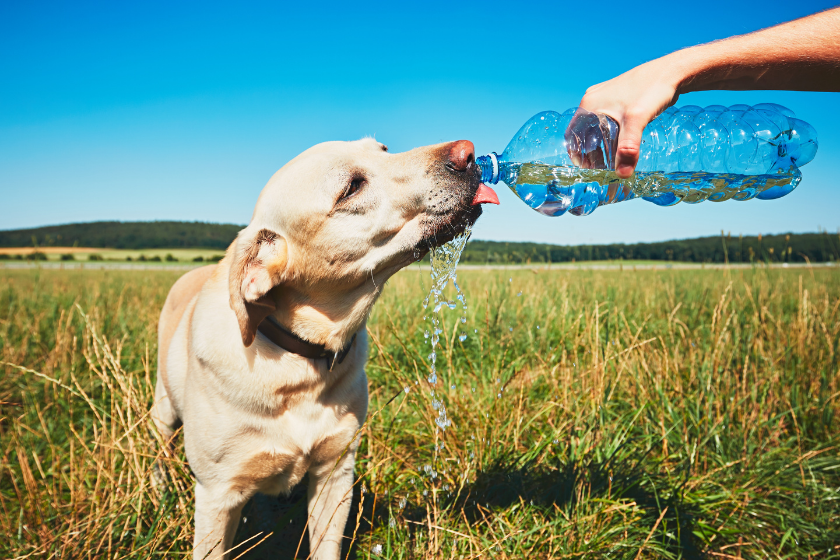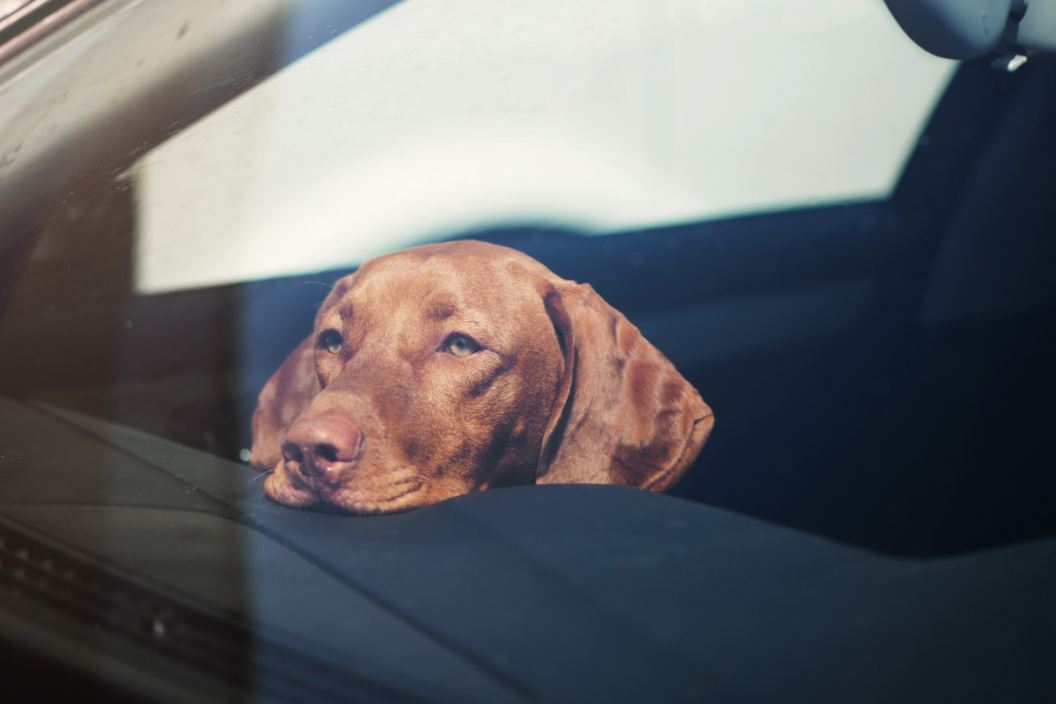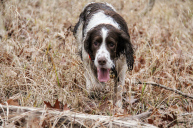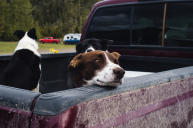Is it legal to save a dog locked in a hot car?
Most responsible pet owners would never intentionally leave their dog locked in a hot car. It can be dangerous even on mild days, with the inside of a vehicle parked in 70-degree weather reaching 100 degrees in just 20 minutes. And yet, only 31 states have made it a crime to leave animals locked in the car under dangerous conditions like extreme heat or cold. Of those 31 states, only 14 have laws that protect the rights of regular citizens who forcibly enter a vehicle to rescue a dog in imminent danger—but none of them guarantee complete immunity.
Before you go breaking any windows, read up on your own state's good Samaritan laws and policies regarding rescuing dogs in hot cars. (And remember: It's always an option to call the non-emergency number of the local police or animal control.)
States Where It's Legal to Rescue Dogs From Hot Cars

According to Michigan State University's Animal Legal & Historical Center, 29 states have laws that offer protection from lawsuits, criminal charges, or both to people who try to save animals from hot vehicles. However, the laws in 15 of those states only apply to emergency responders like police officers, firefighters, or animal control officials. Without laws in place to protect average residents, people are less likely to cause property damage to save a dog from a hot car. That leaves animals across some states like New Mexico, Oklahoma, and Texas, where sweltering summer temperatures climb to over 100 degrees, potentially vulnerable.
Here are the 14 states that have "good Samaritan" statutes, which protect regular citizens:
- Arizona
- California
- Colorado
- Connecticut
- Florida
- Indiana
- Kansas
- Louisiana
- Massachusetts
- Ohio
- Oregon
- Tennessee
- Wisconsin
- Vermont
Regardless of official laws, some people will do whatever is necessary to break into a car to save a pup that's clearly in trouble. They might not be above the law, but they deem the risks worth it.
Signs of Heat Exhaustion in Dogs

Have you walked by a parked car on a hot day and felt concerned for the animal locked inside? If you're deciding whether to wait for emergency responders or take action on your own, it's important to recognize the signs of heat exhaustion in dogs.
Dogs don't sweat out excess body heat like humans. While they do have a few sweat glands located in their paws, these do little to help regulate body temperature. Instead, they do this through rapid, open-mouthed breathing called panting. It's normal for dogs to pant, but heavy panting may be a sign of dehydration or heatstroke.
Here are some symptoms that indicate a dog is in distress:
- Heavy panting
- Excessive drooling
- Increased body temperature
- Reddened gums and moist tissues of the body
- Only small amounts of urine or none at all
- Rapid heart rate
An animal's life could be in imminent danger if you start to see these warning signs. While it can be difficult to evaluate the situation through the window of a locked car, heavy panting and excessive drooling are clear indicators that a dog is overheating.
What to Do If You See a Pet in a Parked Car
When you see a dog in a hot car, you should always take action. Here's what the RSPCA suggests, regardless of your state's laws:
- Call 911. If the dog is in distress or showing any signs of heatstroke and you're unable to find the owner, you should call 911. The police can assist with getting entry to the vehicle.
- Should you break the window? Make sure you tell the police what you intend to do and why. Take pictures or videos of the dog and the names and numbers of witnesses to the incident.
- If the dog is not showing signs of heatstroke, try and track down the owner of the vehicle. Make a note of the car's registration and alert staff if you are at a shop or venue as they can make an announcement to their customers - if possible, make sure someone can stay with the car to monitor the dog's wellbeing.
Follow along for more tips & tricks at our Wide Open Pets Instagram!




